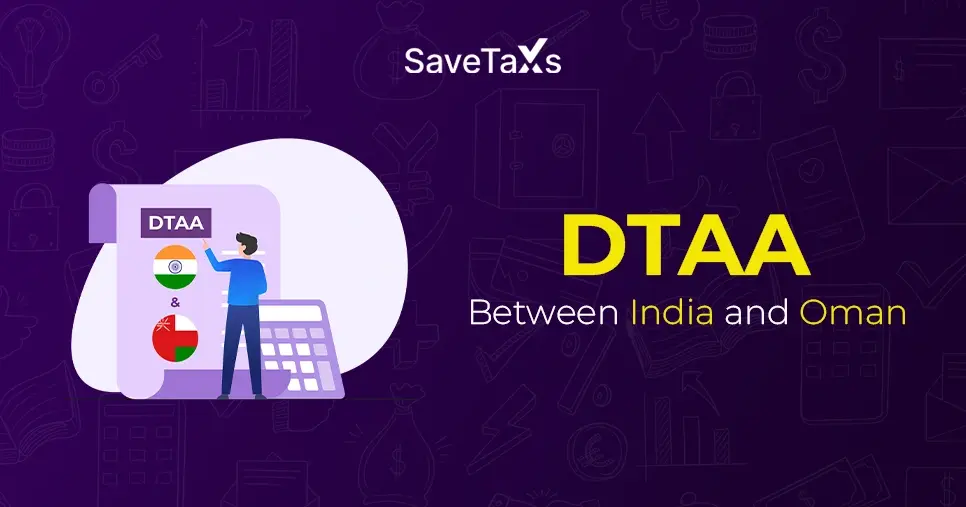
Double Tax Avoidance Agreement (DTAA) Between India and Oman
Read More
Want to read more?Explore Blogs
No matter what your source of income is, we've got you covered. There’s a plan for everybody!
You are required to file Form 1040-NR if you are a non-resident alien who:
You can report U.S.-sourced income, such as
For calendar-year taxpayers:
Depending on your situation, you might need:
Schedule A: Itemized deductions.
Schedule NEC: To report US income not effectively connected to a US business (eg, FDAP income taxed at flat rates)
Schedule OI: Additional information, such as claiming a treaty benefit.